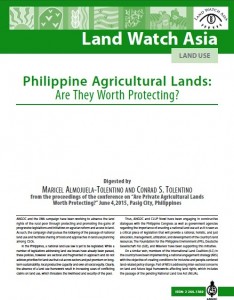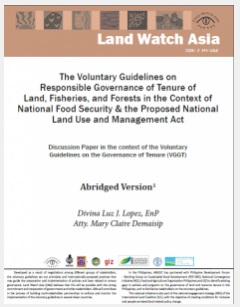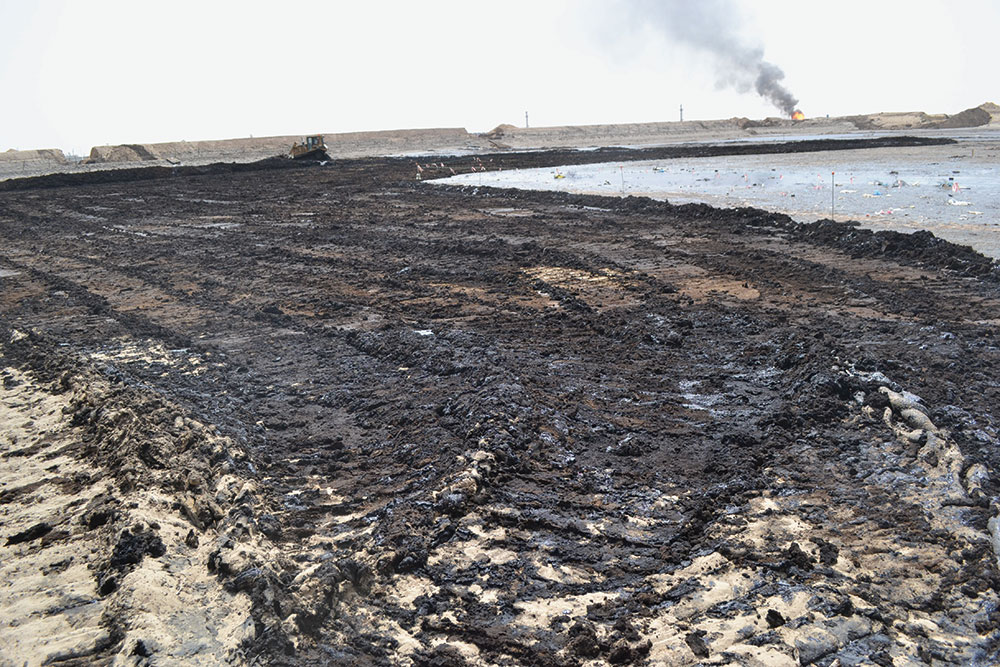Location
As a service provider in the field of international cooperation for sustainable development and international education work, we are dedicated to shaping a future worth living around the world. We have over 50 years of experience in a wide variety of areas, including economic development and employment promotion, energy and the environment, and peace and security. The diverse expertise of our federal enterprise is in demand around the globe – from the German Government, European Union institutions, the United Nations, the private sector, and governments of other countries. We work with businesses, civil society actors and research institutions, fostering successful interaction between development policy and other policy fields and areas of activity. Our main commissioning party is the German Federal Ministry for Economic Cooperation and Development (BMZ). The commissioning parties and cooperation partners all place their trust in GIZ, and we work with them to generate ideas for political, social and economic change, to develop these into concrete plans and to implement them. Since we are a public-benefit federal enterprise, German and European values are central to our work. Together with our partners in national governments worldwide and cooperation partners from the worlds of business, research and civil society, we work flexibly to deliver effective solutions that offer people better prospects and sustainably improve their living conditions.
Members:
Resources
Displaying 211 - 215 of 337Philippine agricultural lands: Are they worth protecting?
This publication is a lobby material to advocate the passage of the National Land Use Act. As one of the major outputs of the high level experts forum held last June 4, 2015, this abridged version of the proceedings highlights the experts’ discussion, answering the following key questions related to agriculture:
Land allocation for social and economic land development (LASED)
A fact sheet on the involvement of the GIZ in Cambodia's social land concessions program. Since 2007, the Royal Government of Cambodia has implemented the “Land Allocation for Social and Economic Development” (LASED) program with technical support from GIZ and financial support from the World Bank. In rural areas, many households are landless and often lose their land as a result of economic and social hardship.
The Voluntary Guidelines on the Governance of Tenure of Land, Fisheries, and Forests in the context of National Food Security (VGGT) and the Proposed National Land Use and Management Act (NLUA)
This issue brief is an abridged version of the VGGT discussion paper, “The Voluntary Guidelines on the Governance of Tenure of Land, Fisheries, and Forests in the context of National Food Security (VGGT) and the Proposed National Land Use and Management Act (NLUA)” that analyzes to what extent the salient principles and recommendations of the VGGT are substantially reflected in the National Land Use Act/NLUA (House Bill 108).
China’s biomass energy development – a perception change from waste to resource
China has a longstanding tradition of using biogas for decentralised energy supply. Already, there are nearly 42 million household digesters in the rural areas, a figure set to double by 2020. But the country has even more ambitious plans. In order to achieve its own climate targets and raise the share of renewables in overall energy supply to 15 per cent by 2020, it wants to set up 16,000 middle- and large-scale biogas plants. However, implementation isn’t quite so easy.
Milk production pays off! – Experiences of a DPPP approach in Northern Sri Lanka
Initiated by an international packaging company and a local retailer enterprise a project was set up in the Jaffna district in 2013 supported by the GIZ “development partnerships with the private sector” (develoPPP) initiative. The project aims at an increased quality and quantity of milk production and medium-term coverage of the regional demand. Within a couple of months, the monthly collected amount of milk has increased from 3,100 litres to 35,610 litres, and the number of participating farmers has increased tenfold.






